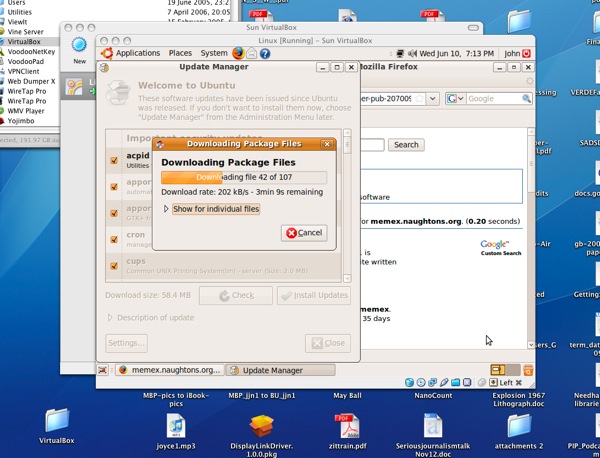Thoughtful article by Glyn Moody.
Email is dying. Time and again I come across comments to the effect that people have given up on their email inbox, and simply junked their messages. Increasingly, people are turning to Twitter, Facebook and LinkedIn as their messaging medium. It’s not hard to see why. These are opt-in services: you get to choose who can contact you, unlike email.
This has led to the scourge of spam, which now represents 94% of all email, according to Google’s Postini subsidiary. A classic Tragedy of the Commons has resulted, whereby a few selfish individuals exploit and ultimately destroy a resource used by all. Sadly, it looks like the battle against spam is lost; even though services like Gmail offer extremely efficient filtering in my experience, it’s a poor substitute for a messaging service that can assume that you want to see everything that is sent to you, because only people of interest are allowed to contact you.
The more Facebook and Twitter spread, the more people will be turning to these opt-in networks for their communications; email, as a result, will dwindle in importance, turning into a kind of digital wasteland inhabited mostly by those too poor, uninformed or lazy to move on, and by spamming parasites who prey on them. I don’t imagine that Thunderbird wishes to become the software of choice for either…
This makes sense. As our communications ecosystem evolves, so too should the software. From now on we will need comms clients wwhich do everything — including email. I guess that’s where Tweetdeck et al are headed. Maybe that’s how Thunderbird should evolve?

